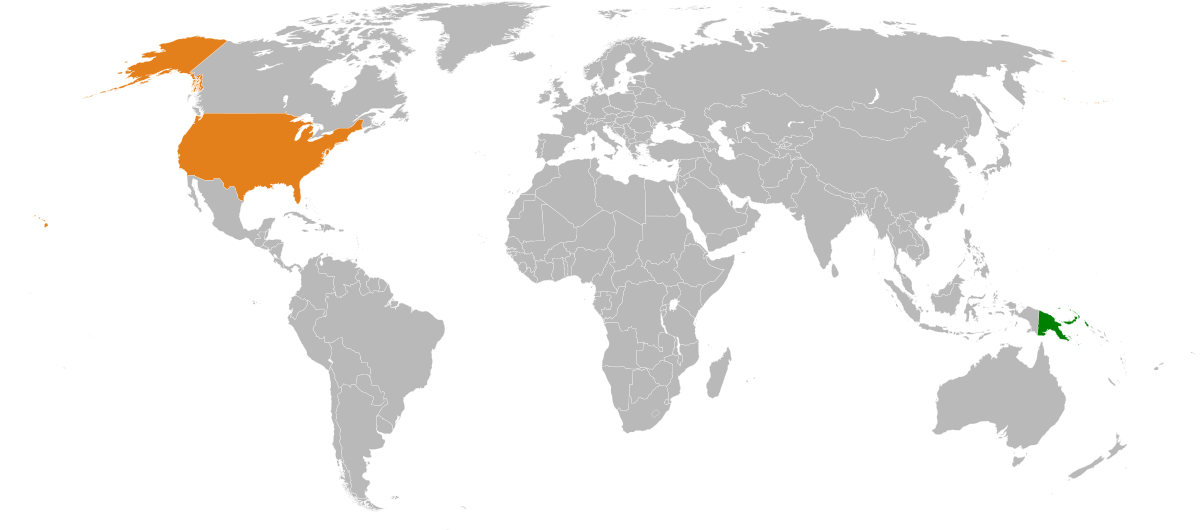U.S. Signs Security Pact With Papua New Guinea
Context:
As it battles with China for sway in the Pacific, the United States inked a new security agreement with Papua New Guinea on Monday.
Points to Ponder:
- Security Pact: To strengthen security cooperation in the region, the United States and Papua New Guinea have inked a new security pact.
- Competition with China: The continuous rivalry between the US and China for influence in the Pacific is reflected in the security agreement. Both governments want to deepen their alliances and partnerships with Pacific Island countries.
- Strategic Significance: Papua New Guinea is strategically significant because of its proximity to Australia to the north. Its importance in the area is influenced by its proximity to important shipping lanes and its sizable population of around 10 million people.
- Historical Context: Papua New Guinea was a key player in World War II, and the area saw some fierce combat. This historical background strengthens the nation’s significance and demonstrates its ongoing relevance in security talks.
- Goals of the Agreement: The security pact intends to strengthen Papua New Guinea’s defence force’s capabilities, boost security cooperation between the US and Papua New Guinea, and promote regional stability.
- Mutual Benefit: The agreement is viewed as beneficial by both the US and Papua New Guinea. James Marape, the prime minister of Papua New Guinea, said that it safeguards their country’s interests, while Antony Blinken, the secretary of state of the United States, emphasised the significance and urgency of their coordinated efforts.
- Student Protests: Despite the security pact’s official acceptance, there were student protests in Lae, Papua New Guinea’s second-largest city. These demonstrations show that some sections of the populace are worried about the effects of a possible militarization of the area and an increase in foreign military presence.
- Militarization worries: Many Pacific Island countries, particularly Papua New Guinea, have voiced worries about the region’s escalating militarization. These worries are a result of worries about power rivalries, possible invasions of sovereign rights, and the upsetting of the delicate balance in the Pacific.
- Delicate Regional Dynamics: The Pacific islands have historically been susceptible to outside forces, and some countries are concerned about becoming embroiled in a broader geopolitical conflict. For the region to prosper and maintain its stability, it is essential to strike a balance between security cooperation, local population interests, and regional stability.





